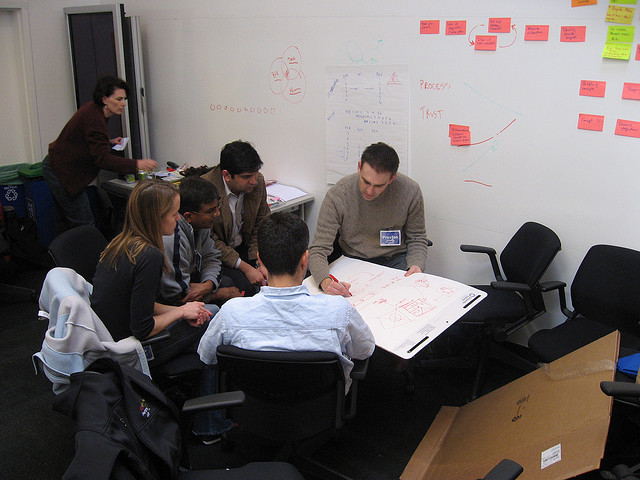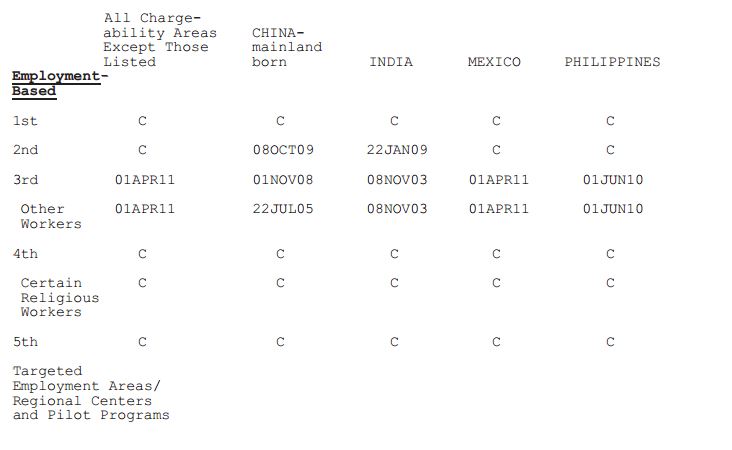President Obama’s executive action announced on November 20, 2014 fell short in many ways than one for many people residing in the United States—both legally and illegally. Though a marginalized few have been allowed to come out of the shadows, some of the world’s best and brightest have been completely ignored by the executive action altogether. The United States would be quite a different place without our hard working immigrant population and without our foreign born innovators, movers, and shakers.
Obama’s announcement on November 20th notably left out any indication that the creation of a more expedient and efficient system would be considered— through which highly skilled and highly capable foreign workers would be able to more easily attain permanent residency and visas. Industry leaders in areas such as the Silicon Valley, seeking to employ such highly skilled and highly capable foreign workers for their startup companies, have expressed their concerns, forming groups such as FWD.us, albeit with the knowledge that Congress must act in order for an all-encompassing solution to be reached.
Though Obama’s speech shed little light on the topic, a memorandum released by the U.S. Department of Homeland Security following the speech is much more informative. The memorandum announces that inventors, researchers, and founders of start-up enterprises who do not qualify for a national interest waiver, but who have been awarded what is considered ‘substantial’ financing by a U.S. investor OR who ‘hold the promise of innovation and job creation through the development of new technologies or the pursuit of cutting edge research’ can attain parole authority under section 212(d)(5) of the INA,6 on a case-by-case basis after being assessed by the DHS. Possessing parole in this situation would authorize extraordinary inventors, researchers, or start-up entrepreneurs to temporarily conduct their research or development of innovative ideas or their business while in the United States.
 Visa Lawyer Blog
Visa Lawyer Blog





